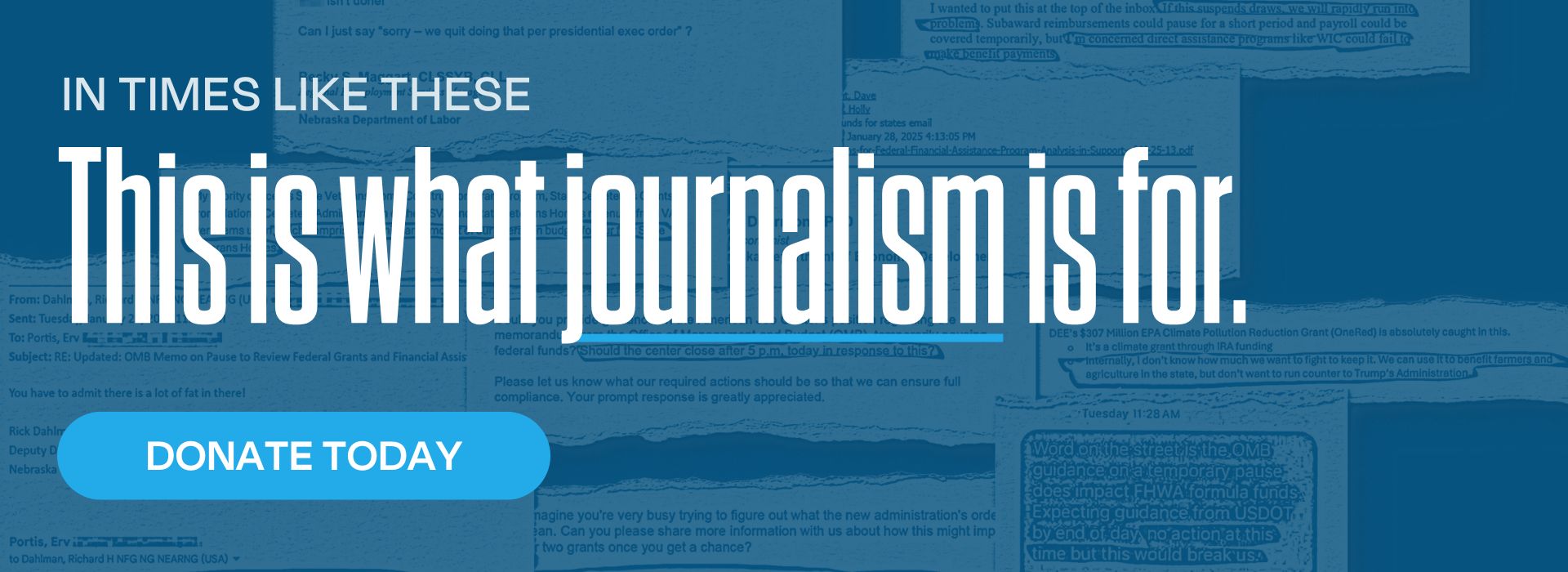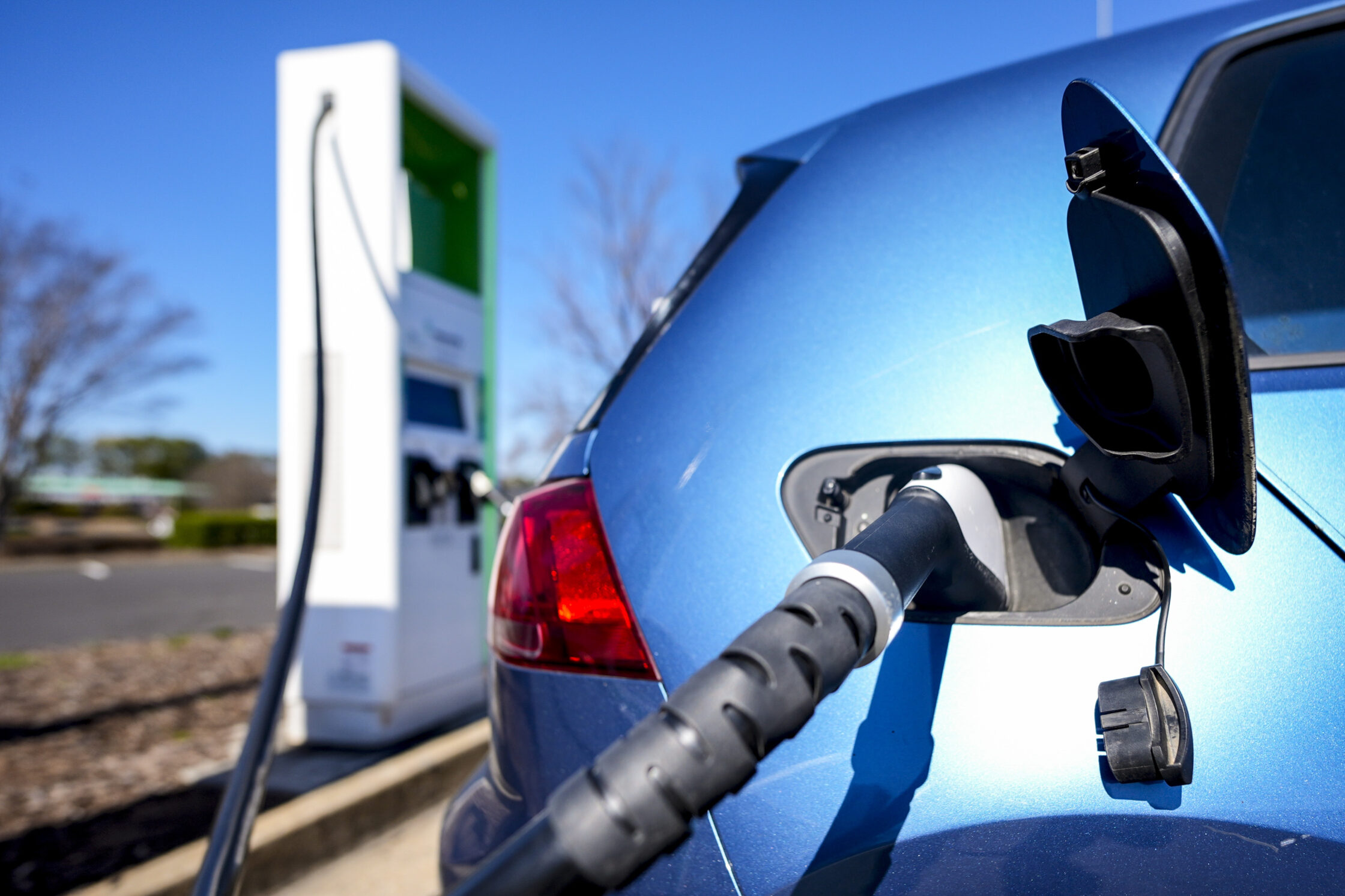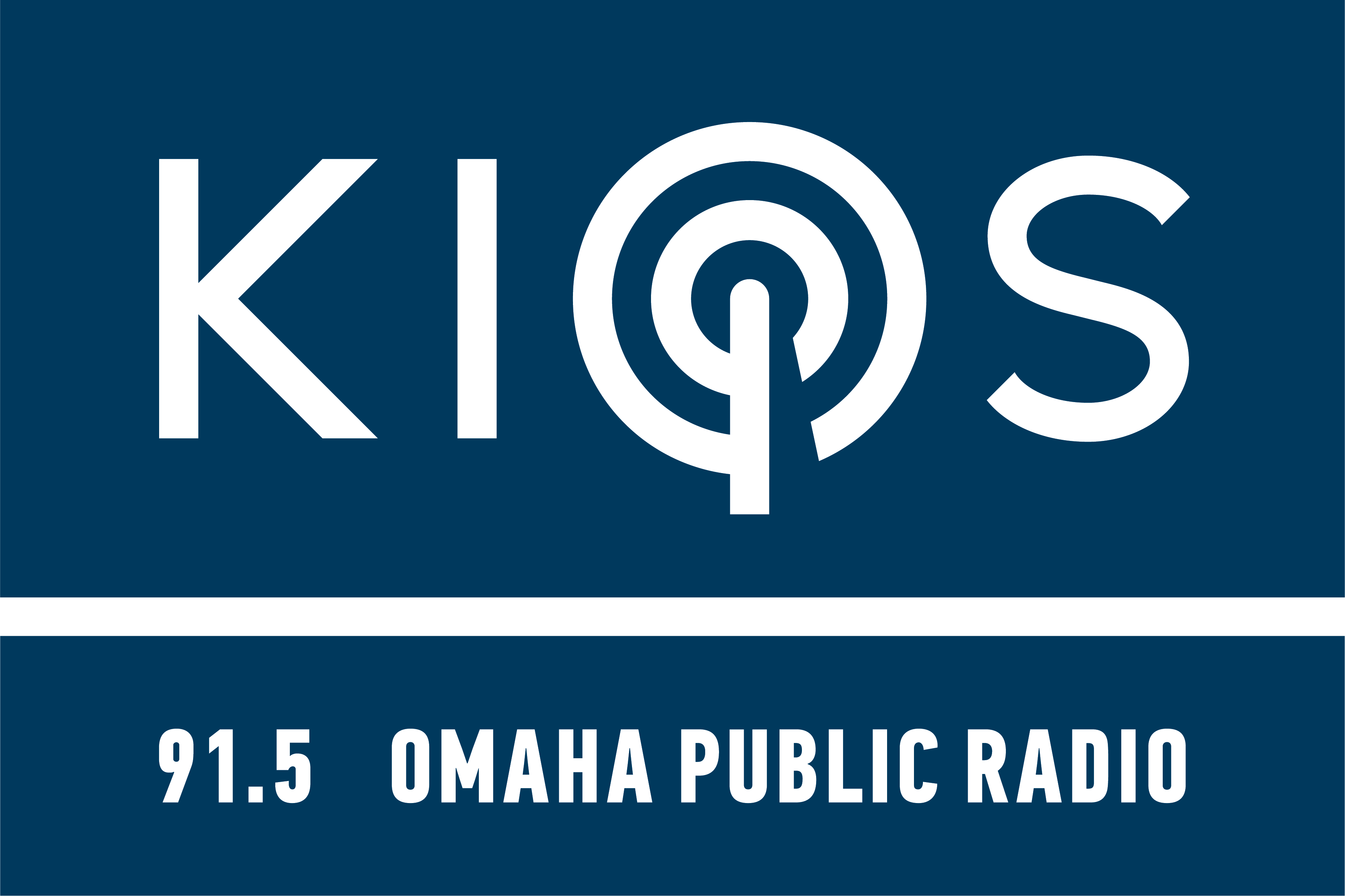Nearly three years after passage of a federal infrastructure bill, Nebraska has yet to build a single electric vehicle charging station with the millions of dollars awarded to the state.
One reason for the delay: It took Nebraska lawmakers two years to change state law.
“The law was in conflict with the requirements of the federal … program, so we could not legally, you know, comply,” said Ryan Huff, a chief strategy officer at the Nebraska Department of Transportation.
As a result, the state hasn’t begun accepting grant applications from those hoping to tap the $30.5 million available for charging stations. The lack of progress places Nebraska in the bottom third of states taking advantage of the funds, which are intended to build out a national EV charging network.
With 455 miles of Interstate 80, Nebraska is vital for building out that network, experts say.
“We are a landlocked state, and everybody has to go through us,” said Jeni Campana, a spokesperson for the NDOT.
Campana said the department is moving forward with the process and hopes to open applications within the next month. Once applications are reviewed and approved, the federal dollars will support 80% of construction costs, while the awardee will be responsible for the remaining 20%.
“The point is really to incentivize the building of infrastructure,” Campana said.
To get there, Nebraska lawmakers had to change the law to allow entities other than public power districts to sell electricity by the kilowatt-hour – a requirement of the federal infrastructure law.
That spurred some strong opinions from the public power districts and from gas stations hoping to install chargers, said Sean Flowerday, an aide to State Sen. Eliot Bostar. Bostar, a Democrat from Lincoln, introduced the bill to update the state law in 2023.
“You have one group that says, ‘Hey, it’s within the state constitution that we’re the only ones who sell electricity,’ and another group saying, ‘Hey, our whole industry is built on selling energy for transportation,’” Flowerday explained.
Ultimately it took another year for the measure, which was folded into another bill, to pass.
Campana said it could be 2026 before the new chargers along I-80 are available to use.
At least five other states have already completed the process, opening more than 15 EV charging stations. Iowa is evaluating applications and Kansas and Colorado have issued awards. Nebraska is one of 16 states that has not yet opened the grant application process.
Nebraska EV owners and likely grant applicants say the slow rollout of the federally funded chargers hasn’t severely impacted life or business operations. Electric vehicles make up less than 1% of all registered vehicles in Nebraska and most people charge their vehicles overnight at home. But large gaps remain in Nebraska’s rural communities.
“The state just doesn’t have many chargers in rural areas,” said Doug Allpress, who frequently drives his Ford F-150 Lightning electric truck from Omaha to his family farm in central Nebraska. Other than I-80, the only viable fast chargers are in Norfolk, Ainsworth, O’Neill, Thedford and Chadron, he said.
Allpress hopes that after the I-80 corridor is completed, there will still be federal dollars leftover to build public chargers in other areas of need.
As EV adoption rates continue to rise across the country and more people drive cross country, there could be an economic benefit for host stations.
Bosselman Enterprises, which owns truck stops along the I-80 corridor, is one of the companies hoping to take advantage of the federal funding.
“Electricity is just a fuel to us,” said Randy Guard, chief operations officer at Bosselman. He said the company has been looking into installing EV chargers at its fueling centers, and added that other fuel retailers are also looking into it.
“(We’re) trying to figure out where and when and how to do it economically,” Guard said.
The seven planned charging stations on I-80 are estimated to cost $7 million total. Each station will be required to have a minimum of four DCFC ports, a five-year maintenance plan and 24/7 access.
Related story






